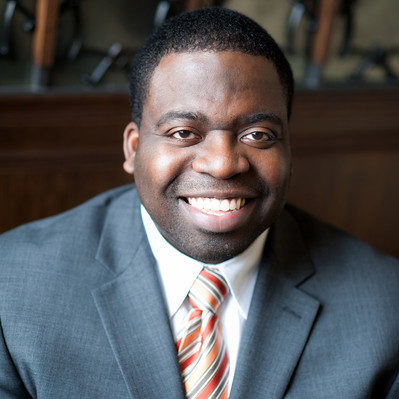It’s well known that in many developing countries with autocratic regimes, they treasuries are used as slush funds for dictators:
The thing is, we can only point to these details because SCB and HSBC, because of Lawsky and Levin’s efforts, have undergone more transparency than all the other banks helping dictators strip their country’s wealth. Regulators apparently want to keep us from knowing how much purportedly respectable banks help these dictators to shore up their own power and loot their countries. Moreover, they only want to penalize these banks for a tiny fraction of the business they do with these dictators even after they’ve been sanctioned.
source: You Don’t Suppose All These Dictators Have Been Looting with SCB’s and HSBC’s Help? | emptywheel.
It isn’t just the guy at the top, a lot of these celebrated “defectors” and the like during these conflicts are guys who see everything crumbling and want to be on the winning side so they can stay winning. Also, we always hear about what a bear regulation is, but we never hear how it helps to litigate or wind down financial institutions like MF Global, because it doesn’t:
After 10 months of stitching together evidence on the firm’s demise, criminal investigators are concluding that chaos and porous risk controls at the firm, rather than fraud, allowed the money to disappear, according to people involved in the case.
[…]In the most telling indication yet that the MF Global investigation is winding down, federal authorities are seeking to interview the former chief of the firm, Jon S. Corzine, next month, according to the people involved in the case. Authorities hope that Mr. Corzine, who is expected to accept the invitation, will shed light on the actions of other employees at MF Global.
source: No Criminal Case Is Likely in Loss at MF Global – NYTimes.com.
I don’t really know what to say, but it seems to me if you say “I’m professionally responsible” for something, and you let that something be stolen or taken, you should be penalized for it. I understand the argument is “we don’t know where the money is”, but they should know where the money is. It’s their job. If you are a Professional Engineer and you design a building or bridge and it collapses shortly after it’s construction, you suffer criminal penalties and a permanent professional accreditation revocation because you are the person who signed off on the plans. If you run a business for customers to invest money and money disappears, you get to have a nice conversation. I’m not saying investors should never lose money, but you the burden should be on the professional who issues the prospectus to clients. In addition, maybe the SEC should hold onto some documents:
Under a deal the SEC worked out with the National Archives and Records Administration, all of the agency’s records – “including case files relating to preliminary investigations” – are supposed to be maintained for at least 25 years. But the SEC, using history-altering practices that for once actually deserve the overused and usually hysterical term “Orwellian,” devised an elaborate and possibly illegal system under which staffers were directed to dispose of the documents from any preliminary inquiry that did not receive approval from senior staff to become a full-blown, formal investigation. Amazingly, the wholesale destruction of the cases – known as MUIs, or “Matters Under Inquiry” – was not something done on the sly, in secret. The enforcement division of the SEC even spelled out the procedure in writing, on the commission’s internal website. “After you have closed a MUI that has not become an investigation,” the site advised staffers, “you should dispose of any documents obtained in connection with the MUI.”
Many of the destroyed files involved companies and individuals who would later play prominent roles in the economic meltdown of 2008. Two MUIs involving con artist Bernie Madoff vanished. So did a 2002 inquiry into financial fraud at Lehman Brothers, as well as a 2005 case of insider trading at the same soon-to-be-bankrupt bank. A 2009 preliminary investigation of insider trading by Goldman Sachs was deleted, along with records for at least three cases involving the infamous hedge fund SAC Capital.
source: Is the SEC Covering Up Wall Street Crimes? | Politics News | Rolling Stone.
